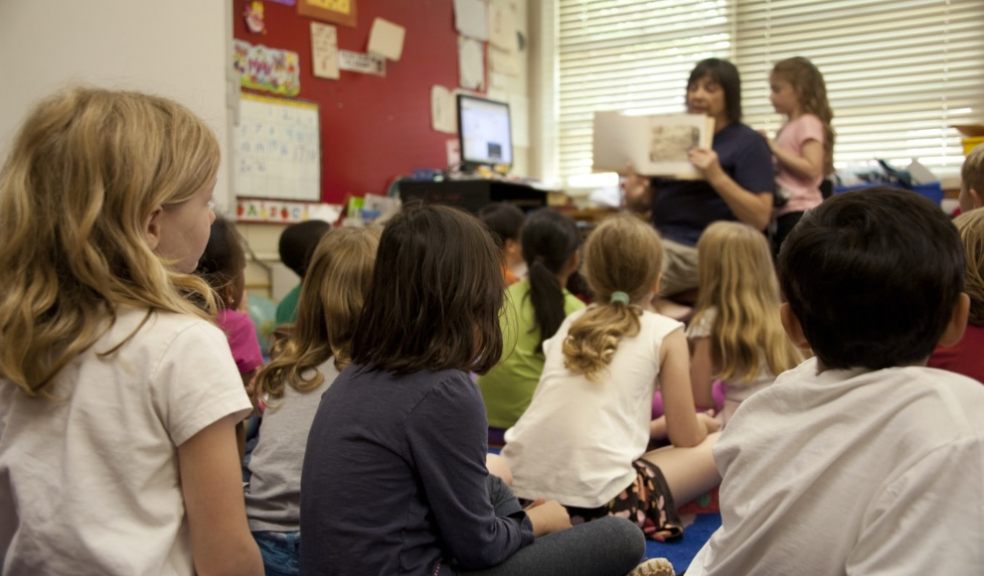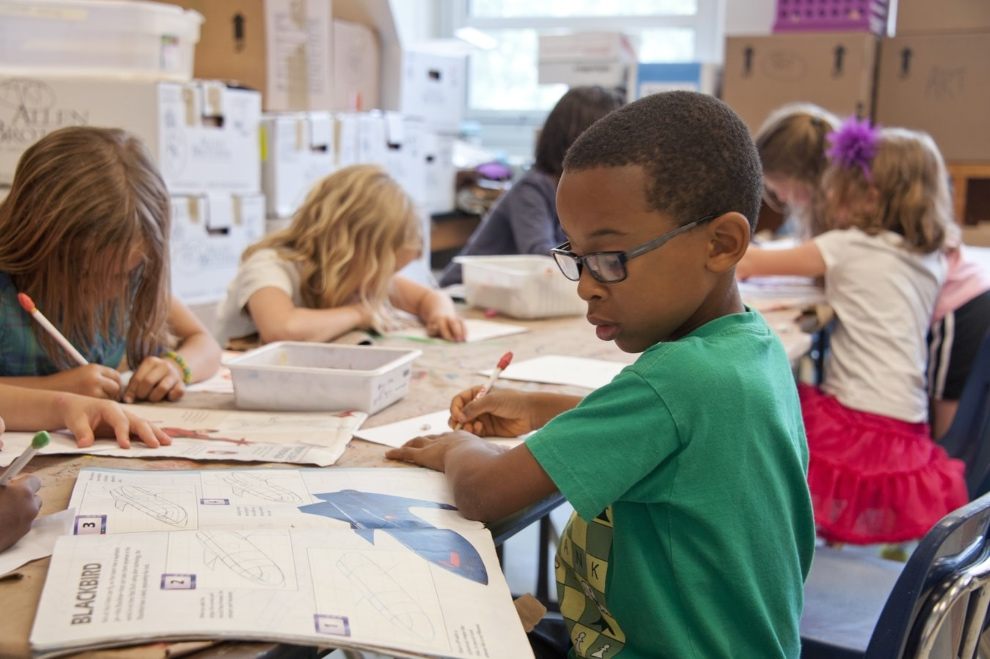
Important Steps to Take Before Your Child Starts Going to School
The start of the educational journey is exciting for everyone. Children vary in their learning paces and levels. They also differ in how they psychologically prepare for big social and cultural interactions in schools. This is why parents should give due attention to the preschool phase. Entering a new environment means new interactions, activities, rights, and responsibilities.
Going to school for the first time can be stressful for kids. To have your child adapting to the new world of school, many skills need to be honed before enrollment. Here are some essential steps to be taken before having your child start school.
Boost Motor Skills
Being at school does not only include sitting down in class and listening to lessons explained by teachers. There are also necessary parts of education that include physical activities. Important motor skills such as holding a pencil, flipping a page, drawing, writing, and coloring are prime examples of things that are typically done in a classroom. By encouraging such skills in your child, you will then provide them with the necessary self-confidence in dealing with classroom objects found in their backpacks.
Consider Early Education
Childcare and preschool, for instance, support the early development of children. They also provide them with essential attributes to embark on their school journey. This facilitates the transition into schools and gives them a similar experience. The daycare professionals at the Early Learning Children's Academy emphasize the importance of finding a center that provides you with all the details that promote healthy progress. If you want a quality learning process that will develop numerous skills for your child, you need to ensure that the place where you take your child for early education knows exactly what they’re doing. As children are different, you can choose a program that meets the needs of your child to ensure better results.
Follow a Daily Routine
As schools take up all days of the week except weekends, it can be tiring and stressful for children at first. This is why setting up productive daily routines that include adequate sleep, chore time, personal conversations, activities, and games is imperative. It is important to tell your child about the significance of such routines and help them with incentives if they face a difficult task. Remember to take one step at a time as young children can take time to adapt.
Teach Your Child to Take Care of Themselves
Young children will find it foreign not to depend on their parents once they set foot in school. To ease the stress and fear they may experience, teach your child about important aspects such as going to the toilet, packing and unpacking, and preserving their school supplies, lunch bags, and personal items. For instance, you should explain that schools have separate toilets for boys and girls, and you should also demonstrate the hygiene routines properly. The same goes for taking care of their belongings and making sure they do not get lost. Teach them about eating in recess through the lunch box and zipping and unzipping the backpack and using its items.
Encourage Recognizing the First Name
In school, students will typically submit homework assignments. This entails writing their names on their work. A handy practice is teaching your child to acknowledge their name, learn how to spell, and how to write it correctly. You can help them by labeling their belongings and making a name card for them to wear during the early stages. This will teach them about possessions and give them a push in reading.
Talk About School Experience
It is vital to encourage your child in this important stage of their lives. This can be done in several ways. By effectively addressing the matter with your child through answering their questions in conversations about schools. Do not give them overwhelming answers about the future or the educational process. Give them the basic info, such as classroom atmosphere, teachers, colleagues, and facilities in the school. You can also read a children’s book about starting school or watch helpful videos with your child.
Help Develop a Positive Attitude
Going to school means entering a new community. This includes listening, respecting, and abiding by the classroom rules. Your child is expected to do as the teachers say and effectively interact with colleagues. This may need some socializing practice beforehand. You can teach your child more about how to act positively through rewards and praise. To break the social barrier, you can have playdates with your child’s friends. This can help in developing the child’s social interactions with peers.

Starting school is an unforgettable milestone for every family. While it is certainly exciting and exhilarating, there are several things to consider before starting this significant journey. With the guide provided here, you can now apply the necessary steps to appropriately prepare your child before starting school.














